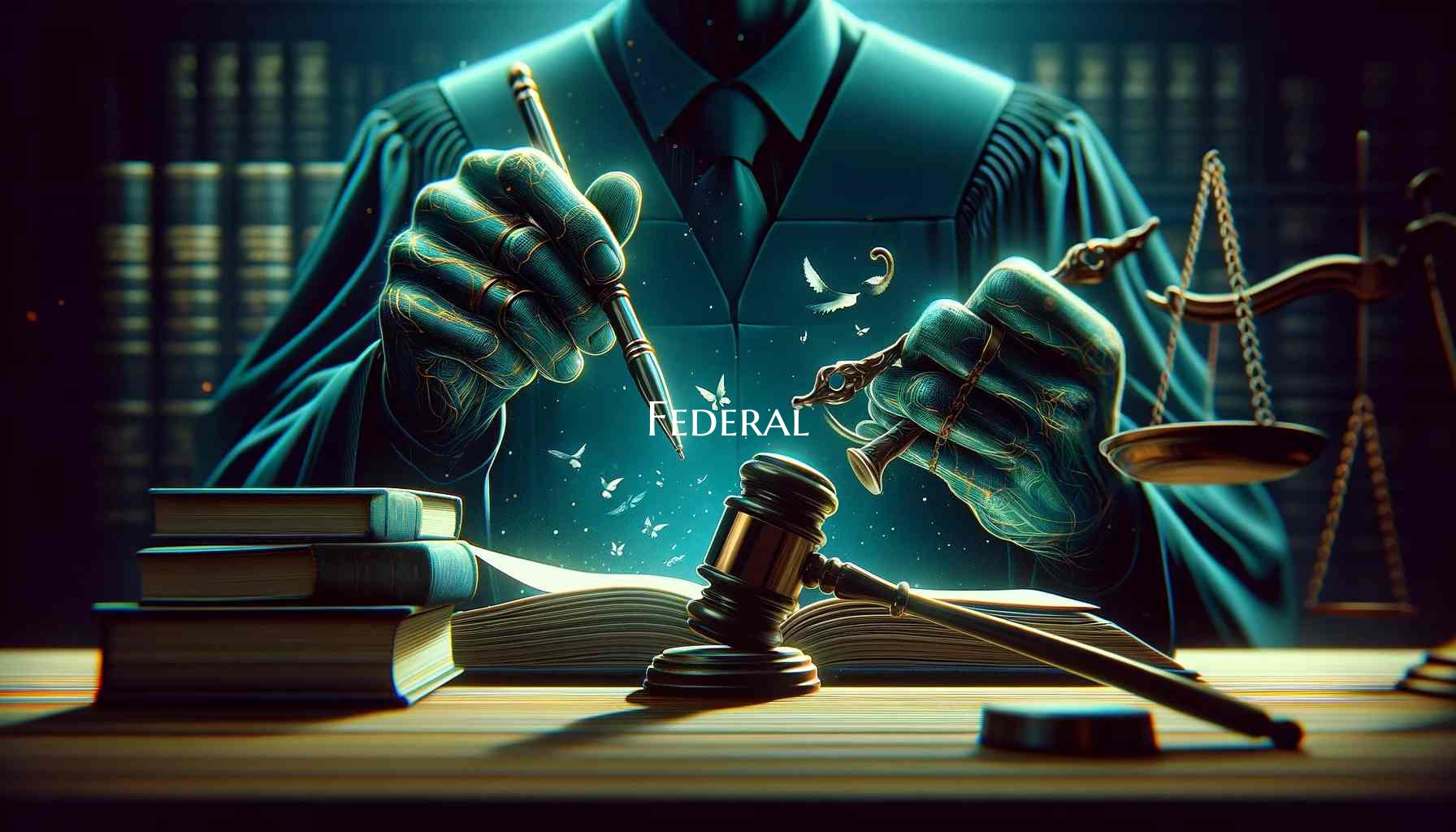
Federal
The federal government plays a vital role in the functioning of any country, wielding authority over a wide range of policy areas and services that impact the lives of its citizens. Understanding the functions and impact of the federal government is crucial for a well-informed citizenry.
One of the primary roles of the federal government is to establish and enforce laws that apply to the entire nation. This includes laws related to national defense, foreign policy, immigration, and interstate commerce. Through the legislative branch, which comprises the Senate and the House of Representatives, the federal government enacts laws that govern these and other important aspects of national life.
In addition to lawmaking, the federal government is responsible for implementing and enforcing these laws. This involves the executive branch, headed by the President, who is tasked with executing the laws passed by Congress. The President also serves as the Commander-in-Chief of the armed forces, responsible for national security and defense.
Furthermore, the federal government plays a critical role in redistributing resources through taxation and spending programs. It collects taxes from individuals and businesses to fund government operations and programs, such as Social Security, Medicare, and infrastructure projects. Through its budgeting process, the federal government allocates resources to address national priorities and meet the needs of its citizens.
The federal government also oversees regulatory agencies that establish rules and standards to ensure public health, safety, and environmental protection. These agencies, such as the Environmental Protection Agency (EPA) and the Food and Drug Administration (FDA), play a crucial role in safeguarding the well-being of the population and regulating various industries to prevent abuse and exploitation.
In conclusion, the federal government is an essential institution that shapes the landscape of national governance, policy, and services. By understanding its roles and impact, citizens can actively engage in the democratic process, hold government officials accountable, and participate in shaping the future of their country.
